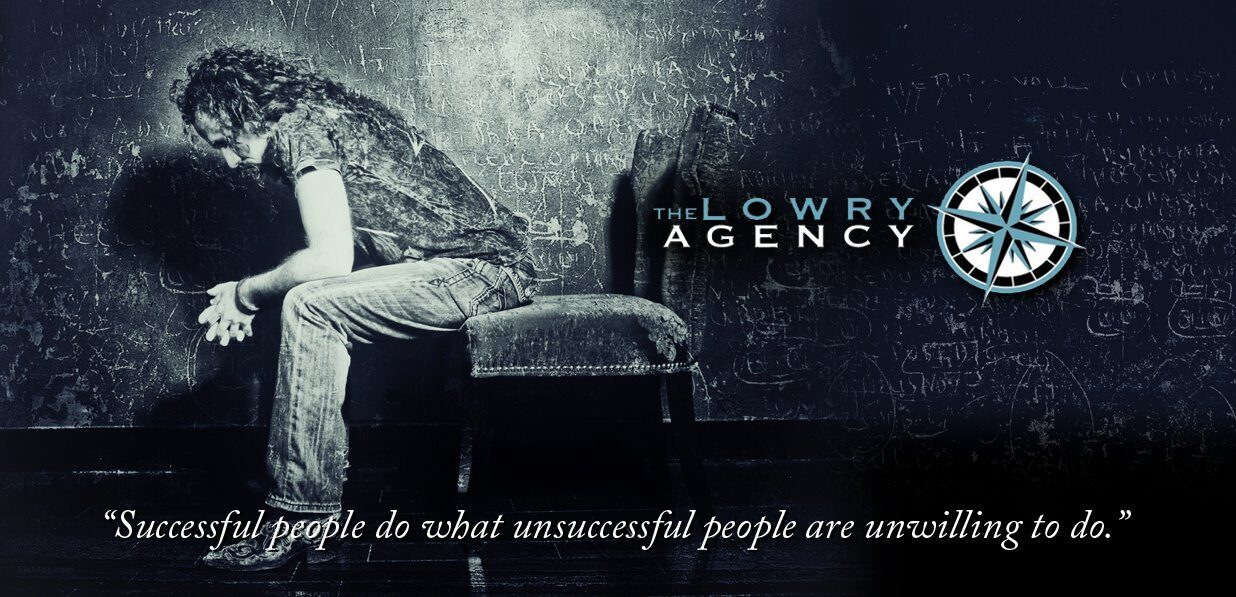It was requested that I write an article on how to give an interview for musicians. I know from the media sources I have, that there is a lot of laziness and disrespect, especially from the musicians that have yet to achieve any real status. Hopefully this article will help you realize to not piss off your media contacts. It is through the media that your music reaches the world many times over, so it is very important you take this seriously. You make a huge mistake in your music career if you don’t take this seriously and do your very best because they will not ever cover you again. Remember, they never have to interview you or cover your band, regardless of how good your band is or how big you think you are.
When giving a live interview for TV or radio keep these points in mind. I know I am going to get comments on these points because it should be common sense but here is the feedback I get from fellow interviewers and from my own radio show.
- Always be on time – Don’t rely on your publicist for the correct info either. Many times the artist does not know the time to call in because the publicist got it wrong, even after three emails or more. I know this is what you pay for if you have one, but everyone makes mistakes.
- Don’t assume they are going to call you – This is your business and career so make sure you know what is going on. It’s your job to know who is calling whom. Don’t miss an opportunity to get press by not knowing the details.
- Do your research and know with whom you are talking – Make sure you at least know which station or magazine you are talking with and the person interviewing you.
- Answer using sentences, not one-word answers – Nothing is worse than a boring interview because you don’t know what to say about your band or music.
- Don’t call in drunk or stoned – These people are being professional and working hard to promote your music. Be professional and do the same. Respect them and their time by being coherent for the interview.
- Make sure you leave enough time for the interview – A good interview takes more than 10 minutes most of the time. You have a story to get out so make sure you give yourself time to do it.
- Also be prepared that many of the interviewers don’t like your music and didn’t prepare to interview you – Sometimes you need to lead the interview or make sure they know everything about you that you want them to know. Don’t assume they actually know anything about you or your music.
- If doing an interview for an industry specific magazine, know your stuff – Say you are doing an interview with EQ Magazine; they are going to want to know how your signal chain works so make sure you understand your own gear or equipment. Make sure you understand what the interviewer is looking for.
- Be focused, but have fun – This is serious business, so make sure you pay attention and are not distracted. There’s nothing more obnoxious than listening to an interview where the artist is talking to someone else in the background, chewing gum/food, clacking away on a keyboard, or generally not engaged in the interview.
- Phone fodder – While it is always preferable to use a land line (or Skype), more often than not, interviews are done by cellphone these days. Make sure you are in a well covered area, you find a quite place to talk, and you’re not pacing about potentially endangering your signal.
When doing an email interview, please try to make it interesting. You have to keep the reader engaged and eager to learn about you.
- Write full sentences – Make sure you answer the questions as completely as you can and try to put some thought into your answer. Don’t rush through your interviews. This is your time to showcase or spotlight your band to an audience who has never heard about you in most cases.
- Be witty – Try to have a sense of humor. This will help with people spreading the article around and also keep the interviewer interested in interviewing you again at some point.
- Use correct grammar – I know many of us struggle with this, but try to use appropriate grammar. This will alter their pre-conceived perception of you, thus making you look like much more than just another musician who does not care about anything but chicks and partying. It will also help keep the grammar police off your page with pointless comments.
- Get the interview back in a timely manner – The webzine or whatever media source that has graciously interviewed you is patiently waiting for you to be professional and get your interview back to them. They have deadlines to meet; and if you wait too long, they may pass on you and post other artists that were more professional.
- The Extra Mile – Email interviews do not allow for follow-up questions, so if you touch on a topic or offer an answer that would lead to an obvious follow-up question, try to throw those extras in as well. If the interviewer missed something you’d like to get out there, add it in. The media outlet is always happy when artists give a little extra.
Please practice these basic points and watch your relationships grow with your media contacts, which is so crucial to your music’s future.
Good luck!
Note: This was originally posted on Metalholic.com
http://metalholic.com/musician-tips-15-tips-on-how-to-give-an-interview/
